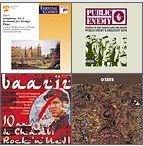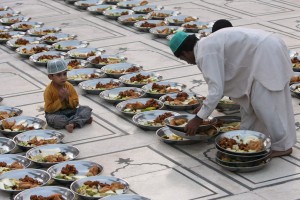Here, with my apologies, is a delayed reposting of the Scholars at Risk Academic Freedom Media Review. It is published every Friday, this one on Friday, October 14.
 The Scholars at Risk media review seeks to raise awareness about academic freedom issues in the news. Subscription information and archived media reviews are available online. The views and opinions expressed in these articles are not necessarily those of Scholars at Risk.
The Scholars at Risk media review seeks to raise awareness about academic freedom issues in the news. Subscription information and archived media reviews are available online. The views and opinions expressed in these articles are not necessarily those of Scholars at Risk.
——————————————————-
IRAQ: Sweeping higher education reforms planned
Wagdy Sawahel, University World News
EGYPT: Elections reinstate some university leaders
Ashraf Khaled, University World News
Myanmar prisoner amnesty prompts call for all political detainees to be freed, not just 10 pct
Associated Press, Washington Post, 10/13
Pressure Builds Over Chen
Grace Kei Lai-see, Radio Free Asia, 10/13




